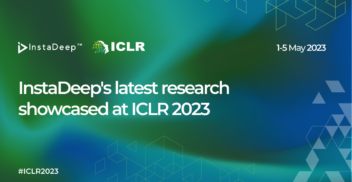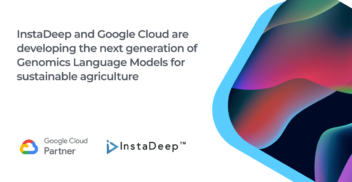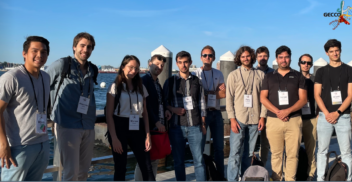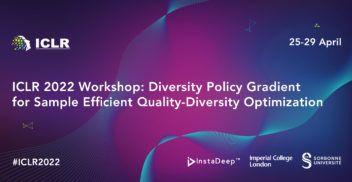Two InstaDeep Tunis-based AI researchers will present at NeurIPS 2023 NAML: North African Machine Learning workshop on multi-script handwriting recognition and what happens Multi agent Reinforcement Learning is built on economic theories. The pair’s different research interests illustrate the breadth of AI research happening in North Africa. Oussama Mahfoudhi looks at the logic of language… Read more »









